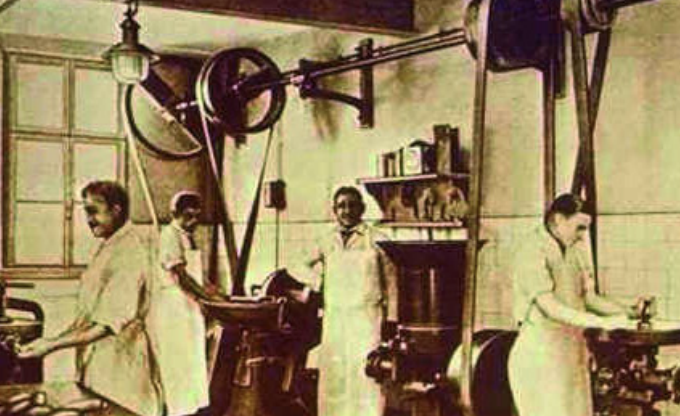The meat industry is one of the oldest producing industries in the world
Related Post
GLP-1 EN ECO-VERMOEIDHEID (COLUMN DUTCH)
Misschien is het de perfecte storm die de voedingsindustrie teistert. Feit is dat momenteel de veranderingen in onze sector zo snel gaan, dat veelbelovende verkoopprognoses al de prullenbak in kunnen voordat de inkt spreekwoordelijk droog is. Dat geldt zeker voor vleesalternatieven. Post Views: 133
Navigating the Complex Landscape of Sustainable Sourcing: Trends, Challenges, and Solutions
As the food industry grapples with environmental concerns and consumer demands, sustainable sourcing has become a critical focus. Post Views: 434
GLP-1: The Metabolic Game Changer?
Medicalized weight loss drugs continue to revolutionize appetite control and health, influencing diet, the food industry, and consumer liefstyles. Post Views: 356
GLP-1: MEAT TO THE RESCUE
The initial FDA approval of semaglutide-based GLP-1 medicines dates back to 2005. Fast forward to 2025, and it is estimated that about one in eight U.S. adults are using or have used these prescription medications. Post Views: 316
Disruptive omnichannel transformation
How AI is driving efficiency in food product development. The food industry is witnessing a shift as companies increasingly integrate AI technologies into their operations. From enhancing digital marketing to accelerating product development, AI-driven tools offer numerous advantages. Established brands and startups alike are lever-aging lifelike virtual avatars to engage consumers and mining vast data […]
Dementia and the Food Fitness Factor
This article explores the impact of diet and exercise on dementia, highlighting AI’s role in early diagnosis and the importance of proactive health-focussed lifestyles. Post Views: 2,057

